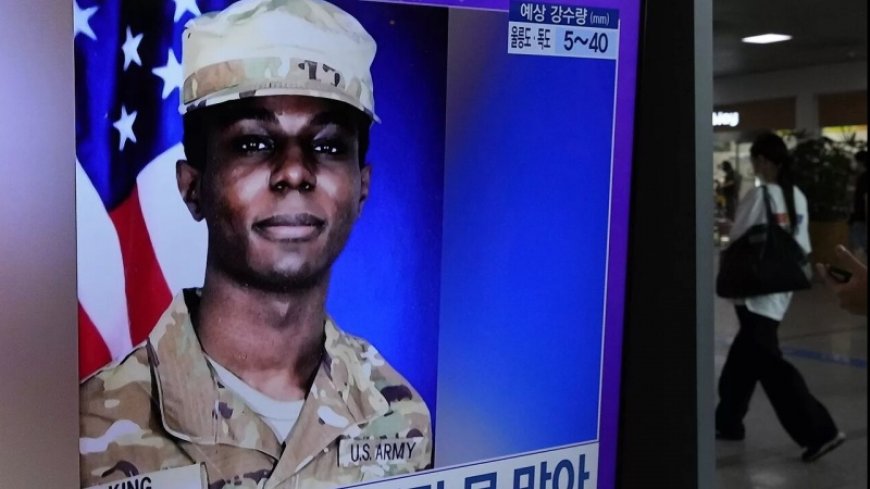US soldier who fled to North Korea asked for asylum
US soldier who fled to North Korea asked for asylum

Travis King, a U.S. military soldier who fled to North Korea, has asked for asylum because of abuse and racism in the U.S. military. It is reported by Reuters. “During the investigation, Travis King admitted that he decided to move to the DPRK because he had a dislike for inhuman treatment and racial discrimination in the US army,” the North Korean side said. The American soldier also expressed his willingness to seek asylum in the DPRK or another country, saying he was disappointed with the "unequal American society." Earlier it became known that an American soldier illegally crossed the border between South Korea and North Korea. It was reported that the man was in the demilitarized zone for tourism purposes. According to Reuters sources in the US government, the soldier "should have been disciplined by the American command." The North Korean leader focused on strengthening military readiness against enemies.
Over the past few years, North Korea has been trying to create a military deterrent against the military coalition of the United States and its allies in the region by improving its weapons. North Korean leader Kim Jong-un called for more preparations for the possibility of war, more weapons production and more exercises at a meeting of the country's ruling party's Central Military Commission, Reuters reported on Thursday. The North Korean leader also initiated an exercise to effectively use the country's latest weapons and equipment to maintain the combat capability of the troops at any time. According to the report, the North Korean leader also fired Pak Su-il, the chief of the army's general staff, and appointed General Ri Yong-gil to the post. North Korea has repeatedly stated that the provocative actions of the United States and its allies, including South Korea, will intensify the arms race, increase militarism, and most importantly, cause instability in the Korean Peninsula region. North Korea also says it will not give up its nuclear and missile programs until the United States ends its hostile policy of overthrowing the regime in Pyongyang.













































